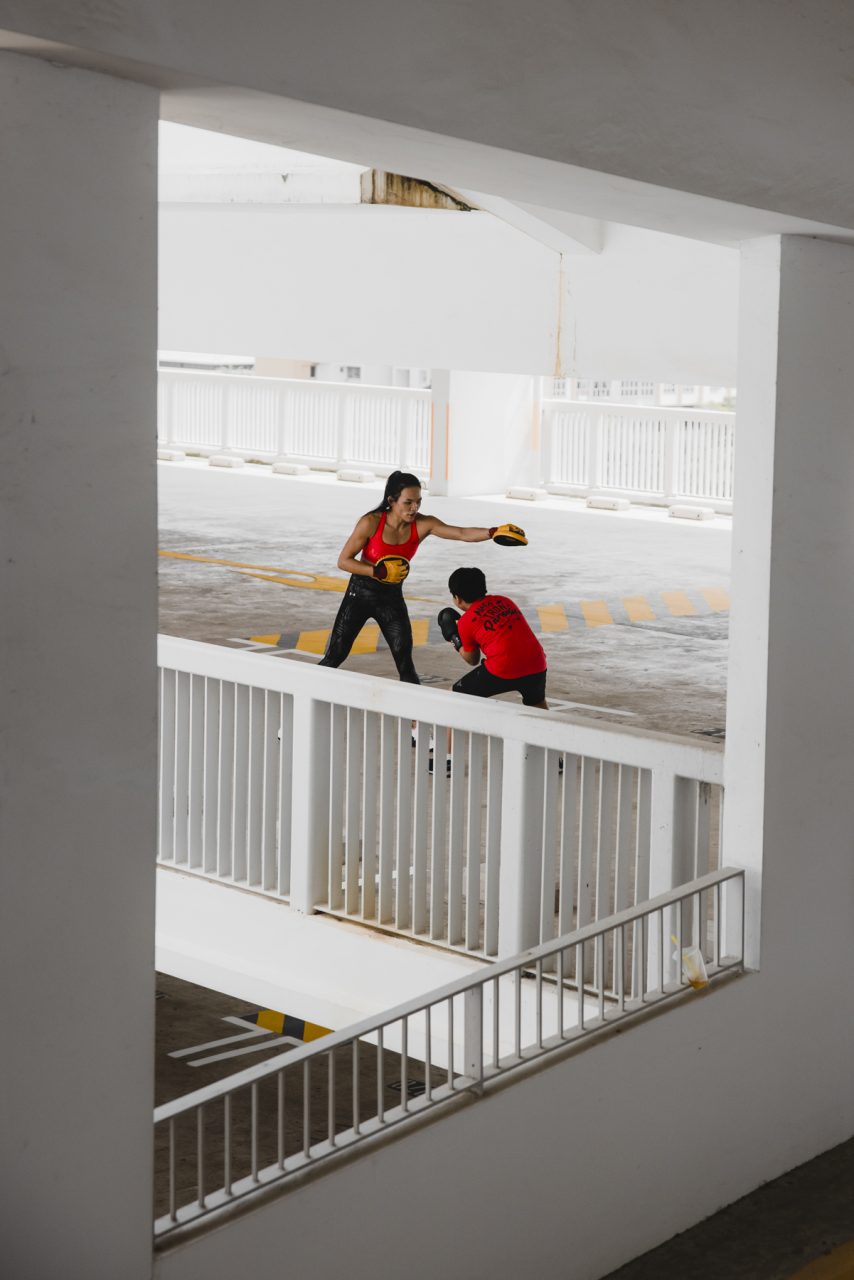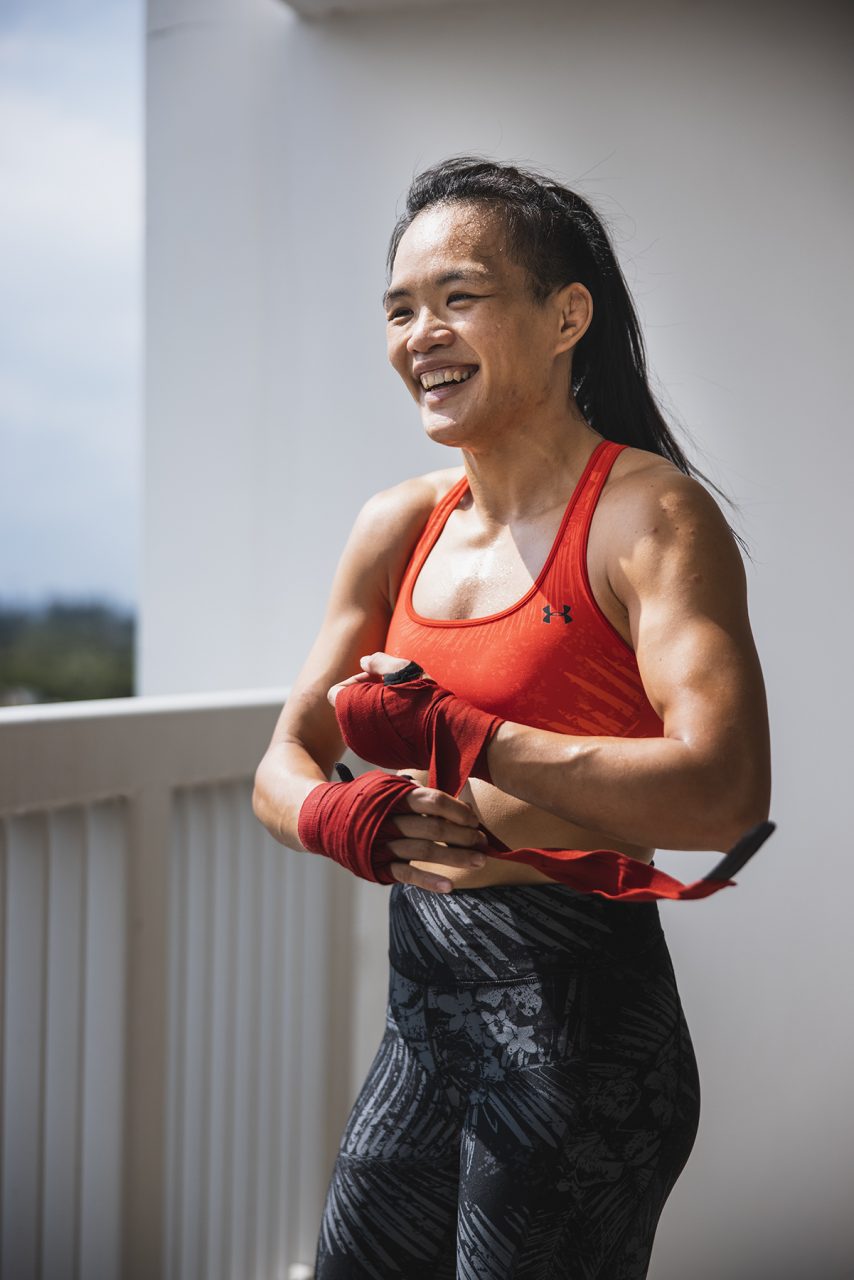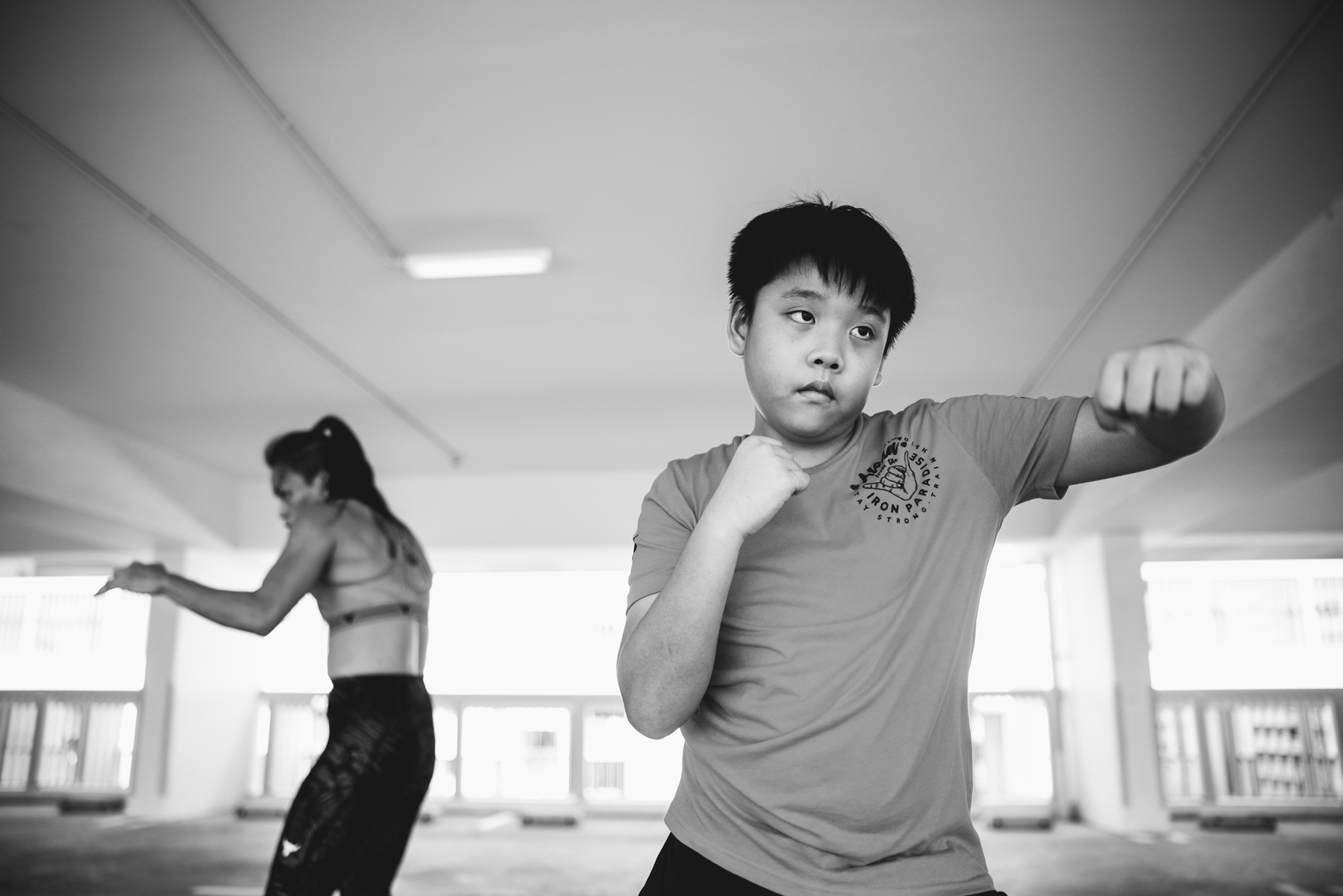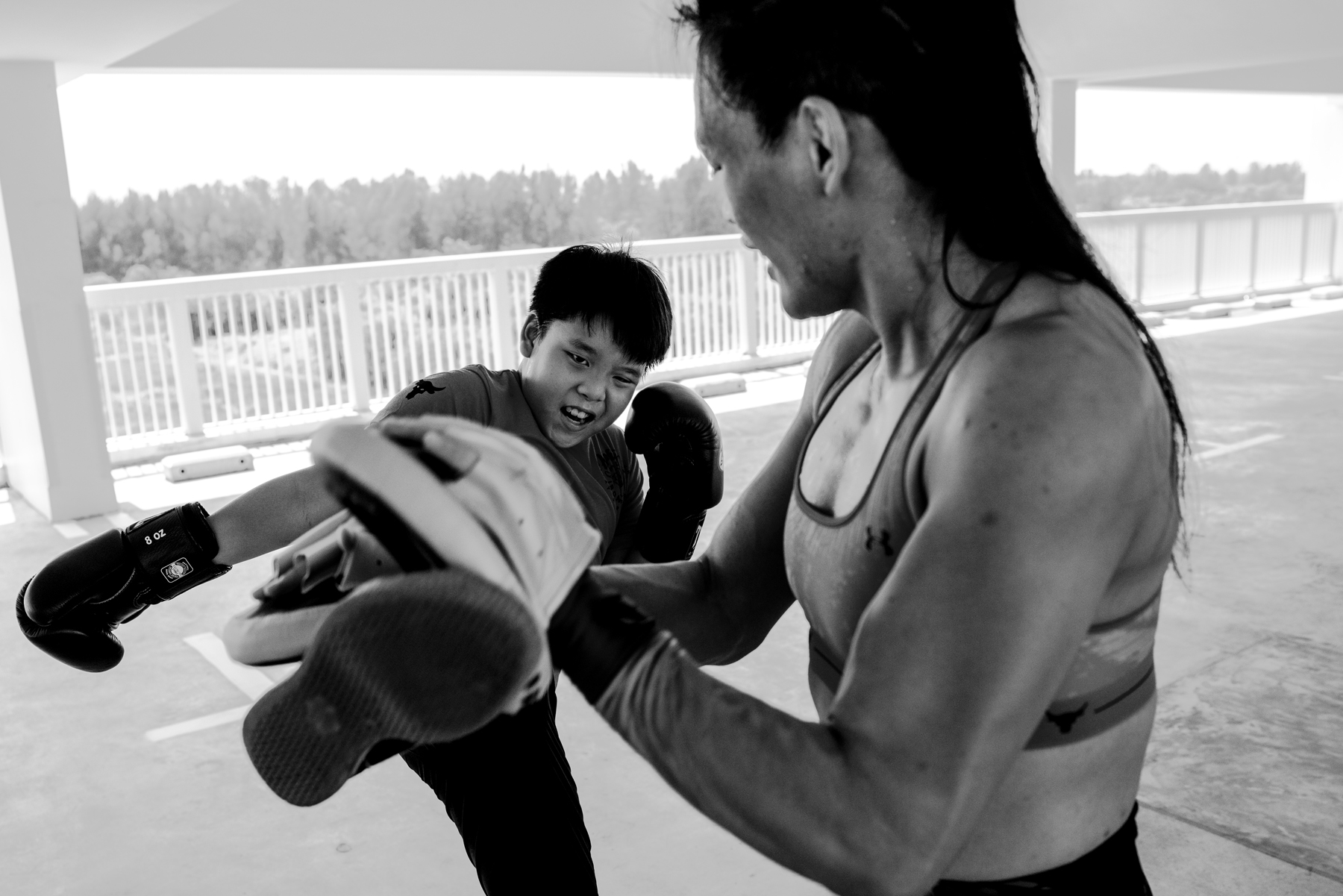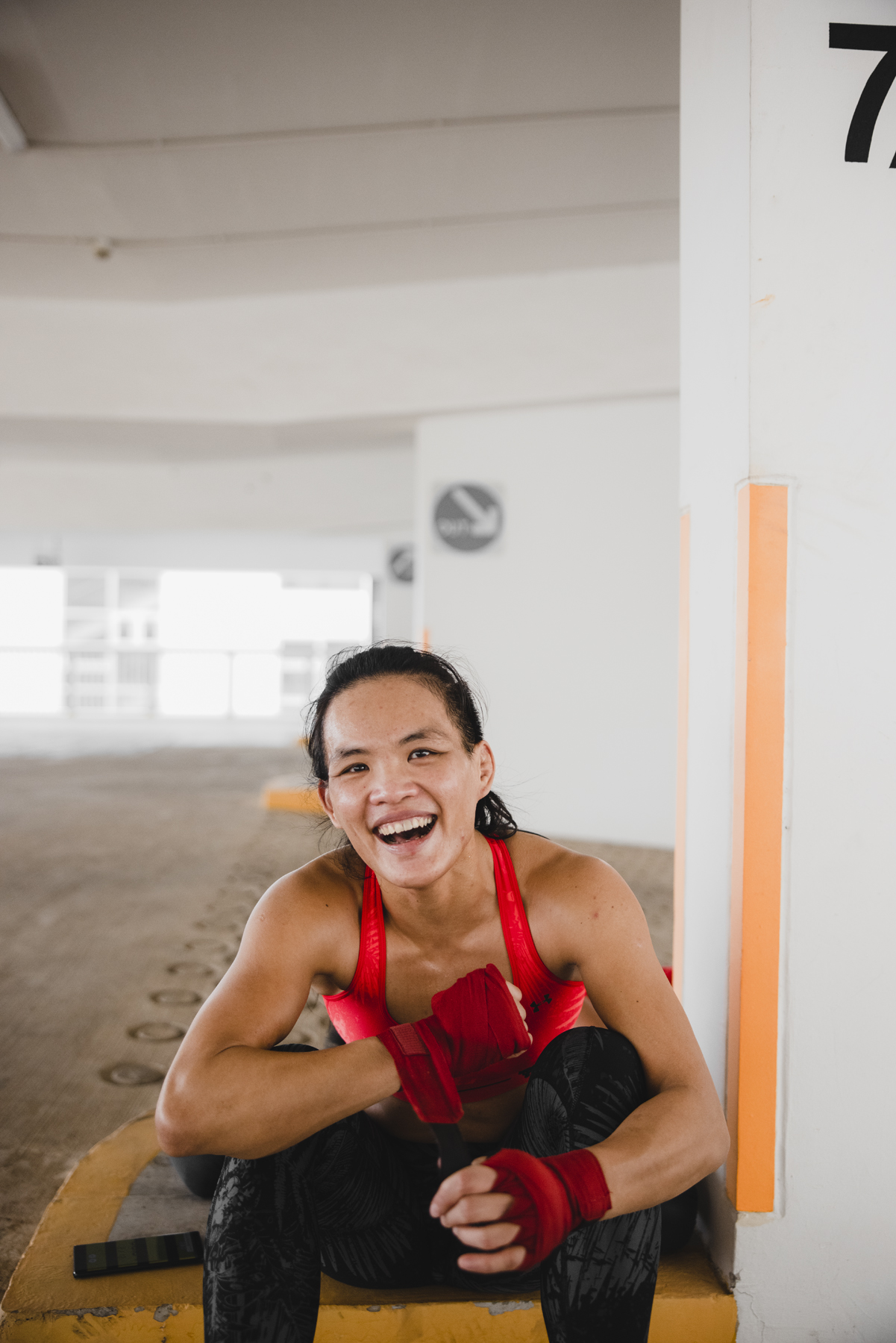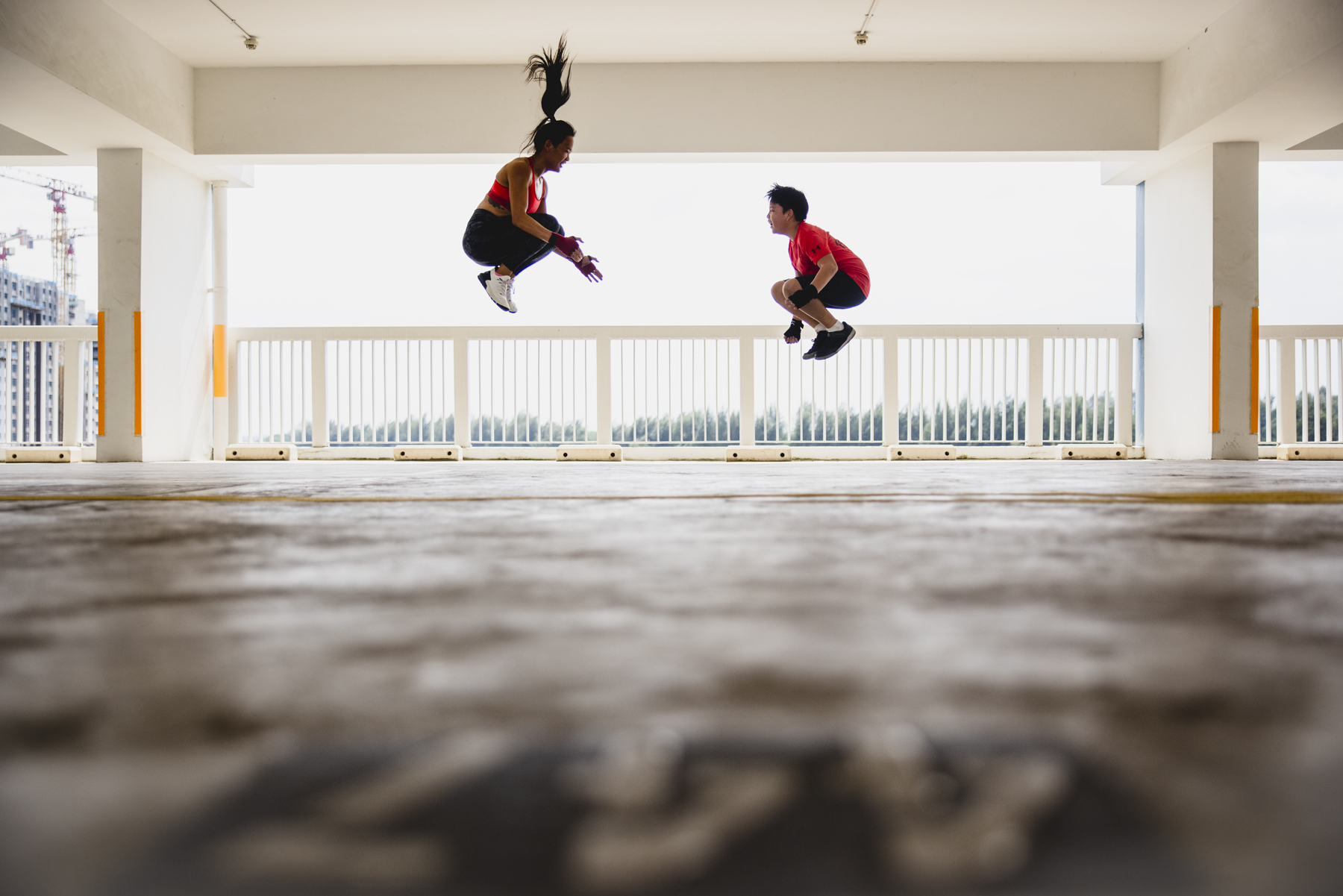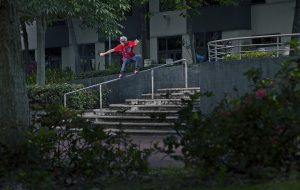As the world gets used to the impact of COVID-19, the Afterdark Facility documents just how professional MMA fighter Tiffany Teo has adapted to restrictions in the pursuit of becoming a mixed martial arts champion.
Returning from injury with a win against Japan’s Ayaka Miura on February 28 had put Tiffany Teo (9-1) on the cusp of her dream – winning a One FC (One Fighting Championship) Mixed Martial Arts championship title. As the leading contender in her division, she was in pole position for her title shot, and rematch, against China’s Xiong Jingnan in the One FC Women’s Strawweight division. It would have all gone to plan, had life not been forced to a standstill because of COVID-19, the subsequent Circuit Breaker, and associated restrictions against martial arts events and training.
“I just can’t helping living the same dream. Every morning when I wake up, I know that this is what I want to do and I’m happy doing it. It drives me to want to achieve the goal [of being a champion],” reveals Tiffany when quizzed about what drives her on.
“Fighting, to me, is a time-specific sport… This is my prime and this is my time to excel in it because I don’t want to grow old and look back at the ‘what ifs’. I want to know that I had this dream and I did my best to chase it. If I achieve it, then good. If I don’t then at least I tried,” she adds.
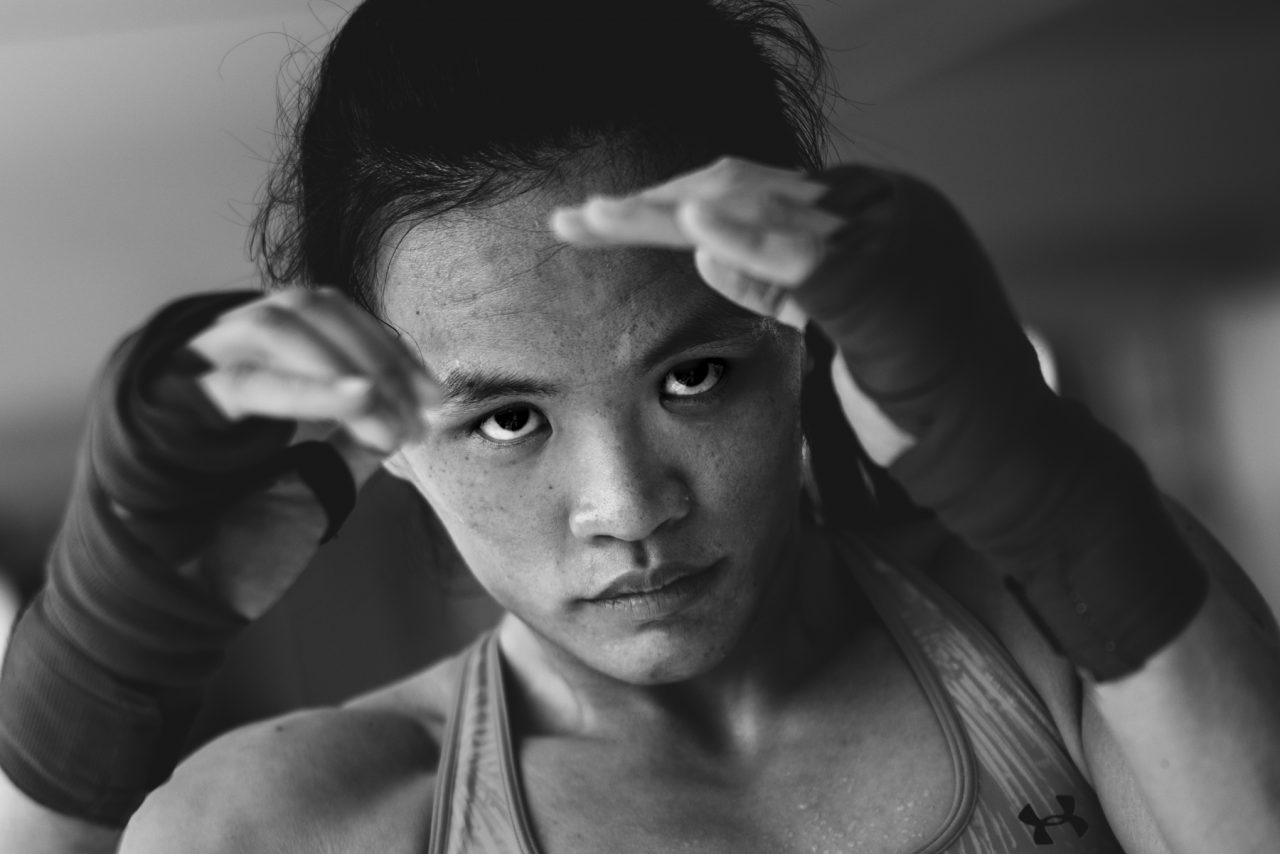
I just can’t helping living the same dream. Every morning when I wake up, I know that this is what I want to do and I’m happy doing it.
Life during a Pandemic
Life for the 30-year-old professional mixed martial arts athlete and fitness trainer nosedived as the pandemic progressed on. The closure of gyms and restrictions on physical contact affected her livelihood as she was neither allowed to coach nor train. While gyms are now allowed to open, training opportunities are limited given the ongoing precautions on close physical contact.
The challenges may be immense, but Tiffany remains focused on getting ready for her next opportunity to return to the Octagon.
“Grit is about not giving up when the going gets tough. It’s about persevering and staying strong,” she shares. As she stays the course in uncertain times, this is her story.
How did the Circuit Breaker mess things up for you?
The scariest thing was not knowing what’s next and I had to rethink a lot of things as I wasn’t sure what my options were once this blew over.
Obviously, fights are not going to happen anytime soon because of their nature, with large groups of people gathering, and close body contact – everything you won’t want to have amidst a pandemic. Even if fights were allowed, how am I going to train? Combat training is still not allowed in Singapore and they still restrict it.
So I had to think about what training would be like for me with all the restrictions in place and gyms were closed. In the middle of circuit breaker, I started to hear of gyms closing down or finding it hard to survive. I had to think, not just about the fight, but after this is over, what other gyms were left for me to continue working with.
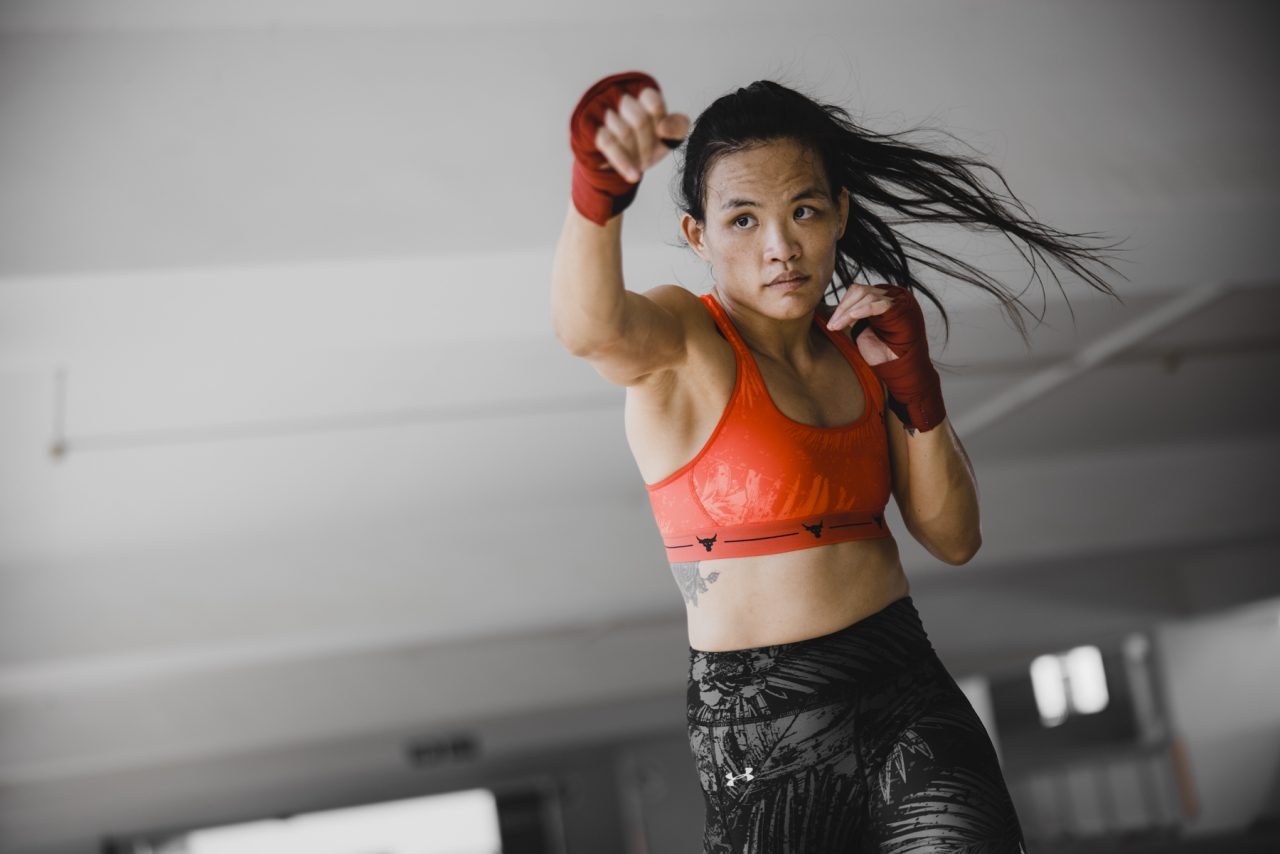
What’s the biggest change you’ve had to grapple with?
Training, because the bulk of my daily routine revolved around training or training other people. So it was just having to almost stop doing that entirely. I still train on my own, but the intensity of the training was just different.
I started to train on my own at the multistory carpark near home, and would drag my nephew to come train with me. I had to adapt my training so that it’s more physical. More about maintaining my fitness level than to work on technique or skills as I was without a training partner. I made do with shadow boxing and movement drills. I focused more on my strength and cardio during the Circuit Breaker phase. I have a Strength and Conditioning coach, so he gave me a programme that I was doing about 3-4 times a week and during that time, I did feel that I was getting stronger even though I wasn’t using much weights or heavy lifting. It was mostly bodyweight, resistance band training.
How tough was it mentally?
I’d be negative at first, but I realised that it was just going to make me feel way shittier and it doesn’t help the situation. A lot of this was my mindset; just switching my mentality from knowing that I have to work with what I have, rather than focusing on what I don’t.
Having to just stay at home also meant that I had more interaction with my family members. Training also helped keep me sane as I got used to it [life during Circuit Breaker]. Since I can’t be working out the entire day, I had to find productive things to do in-between training sessions.
A lot of this was my mindset; just switching my mentality from knowing that I have to work with what I have, rather than focusing on what I don’t.
What keeps you going on?
I guess it’s just the feeling of being in a fight, being in a cage, or in a ring. It’s a feeling you can’t find doing other things. It’s this adrenalin rush, where you’d be really anxious before a fight and when you’re in the ring, you’re on your own. It’s just you and your opponent. There’s no running away from the fact that if you didn’t put in the hard work, everything shows.
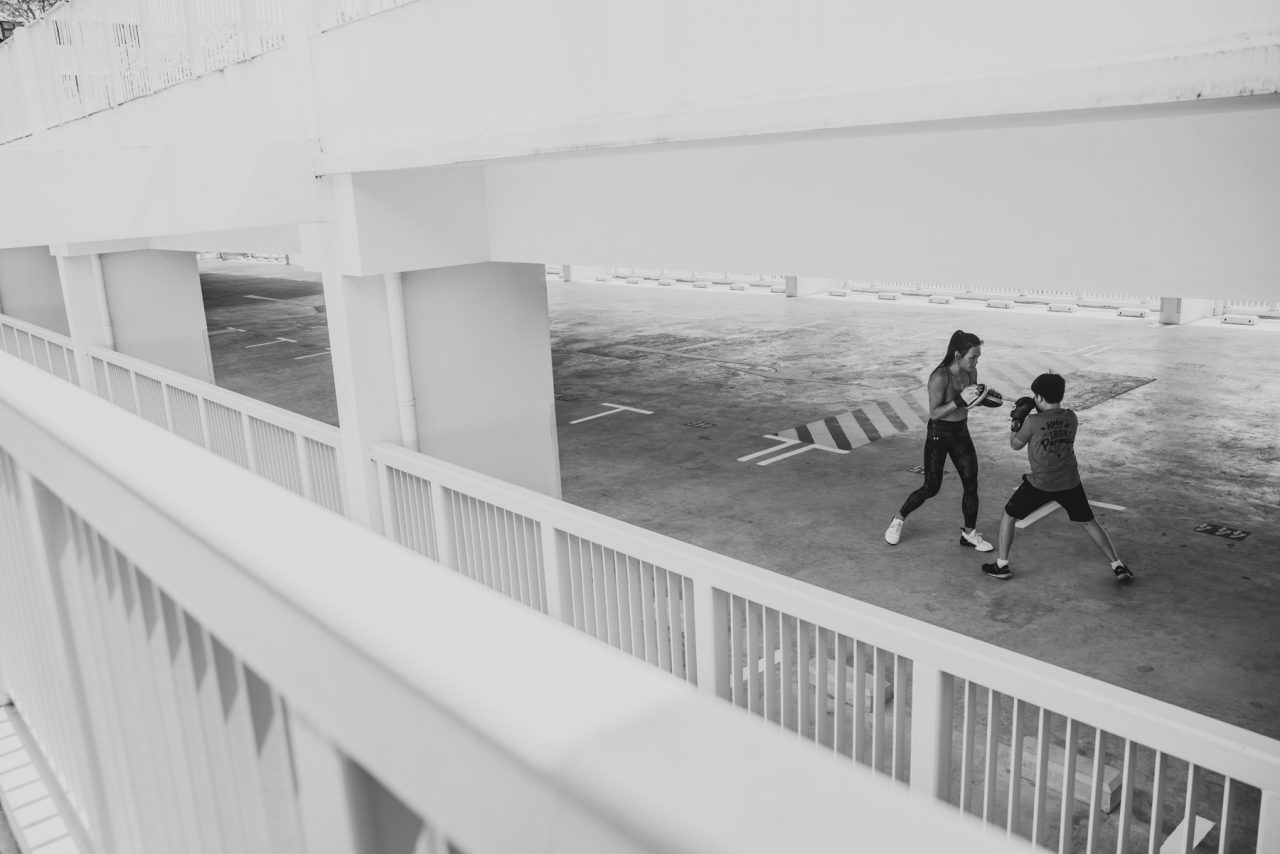
If fighting is all about seeking opportunities. Have there been any silver linings?
I see this as a blessing in disguise because it has always been a long-term post-fight retirement plan for me to go back and pursues my studies. Before I started fighting professionally, I was working with special needs kids as a therapist for them. I also did research because I majored in Psychology. I had put that on hold to pursue fighting and it’s always been my plan to go back to that after I’m done. During this limbo period, I feel that it’s a good time for me to go back to my studies and I’ve been researching on which schools to go for my Master’s programme.
Training-wise, I’m no longer fixated on training in a certain way. With no fixed schedule, this has exposed me to different styles of martial artists because previously I only trained with my own teammates. Besides being more open to new training experiences, I also learnt how to adapt to different training styles and how to overcome limitations.
Any shout outs to those who’ve stuck by you?
Definitely my team and my coaches. I would say that my parents have been very supportive. I guess it’s very hard for them to digest this because I have a degree in Psychology and I was working in a proper job and decided to change my mind to go fight professionally. They didn’t accept it at first (and even I wouldn’t how to react if I had a kid like myself), but they eventually saw that I really wanted it badly and became very supportive.
What’s up for the future?
I’ve been talking to One Championship and they’re pretty optimistic about having a next fight soon. Probably around the end of the year and that’s when the title fight would probably happen. Work wise, it’s slowly picking up and I’m focused more on personal training due to the nature of the restrictions.
Editor’s Update: Tiffany’s rematch with China’s Xiong Jingnan has just been announced. She will be returning to the octagon to contest the ONE Women’s Strawweight World Title on October 30th, 2020.
